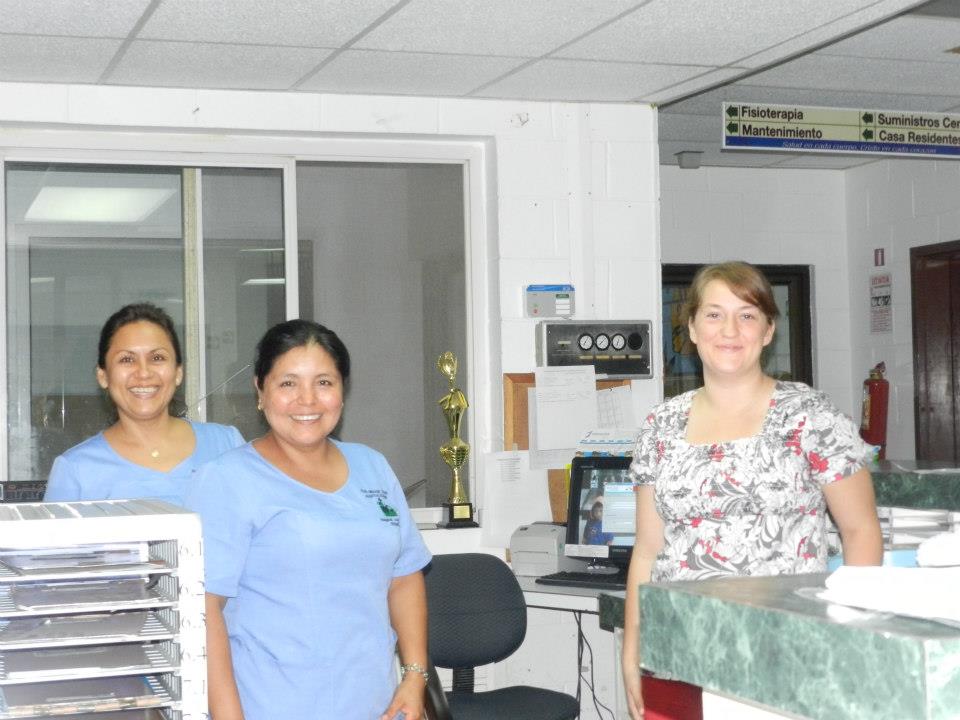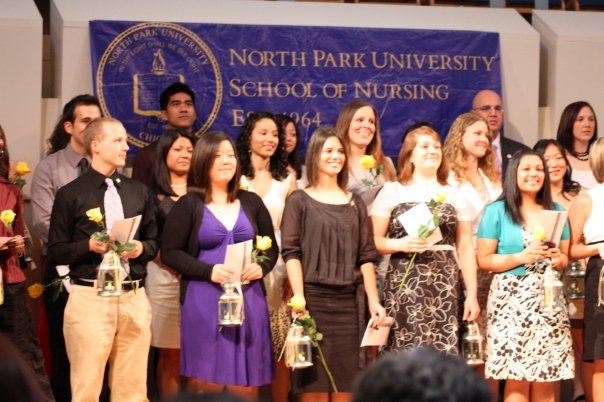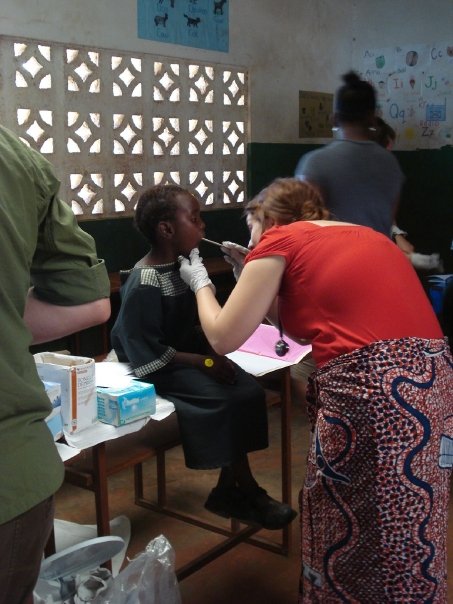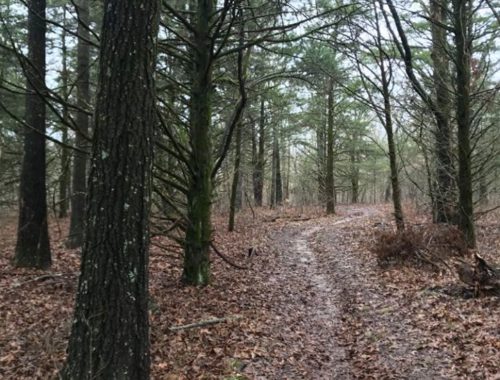“Our bodies are like poetry,” I tell a friend. “I think that’s one of the reasons I became a nurse. Studying medicine is like learning a new language and putting vocabulary words together like puzzle pieces.”
My journey with nursing has been a long one. I was fourteen the first time I ever worked in a hospital and I can still remember the way it smelled. Like industrial cleaners and cafeteria food and stale bodies. But I loved wearing the red and white apron that identified me as a Candy Striper. As someone who would refill your water pitcher and hold the spoon so you could eat when your hands trembled.
I got dropped off at the entrance to the hospital and felt like I had a purpose.

Shell, Ecudor 2012
In highschool, my Mom and I trained with the Red Cross to be First Aid responders at community events like baseball tournaments. I still remember the first time a man had a seizure and someone came to us for help. By then it was decided, I was going to be a Nurse.
I knew I wanted to go away to college and to do that I had to get good grades. My Junior year, I signed up for community college part-time and took classes like Child Development and Anatomy. I was sixteen and spent hours at Barnes&Noble with a coloring book tracing the veins and arteries, memorizing muscle groups and bone prominences.
Halfway through the semester, our professor called each one of us into her office to discuss our viability for passing the class. She recommended half the students withdraw rather than lowering their GPA with a failing grade. Luckily, I wasn’t one of them.

Chicago, IL 2009
Fast forward six years. I’m a new grad, back in my hometown. After six months of applying for jobs at hospitals who’d never heard of North Park University where I’d received my B.S.N., I’m hired for a brand new position as a critical care float nurse. There’s one other girl who’s hired for the same position and together we spend weeks of alternating day and night shifts on every unit in the hospital: ICU, PCU, Med/Surg, CVRU, and a few stints in the ER.
I am twenty-two and terrified.
Now, instead of the red and white striped apron I wear ceil blue and white scrubs with a stethoscope around my neck. I listen to heartbeats and exhalations of air. I learn how many places on the body I need to feel for a pulse, the textures of skin and what each one means, the distinct smell of c-diff and GI bleeds, how quickly a body becomes cold and stiff and how to tell a loved one it’s time to come to the hospital at three AM in the morning without explicitly telling them that it might be too late.
I still want to help, want to believe I am helping. I fluff pillows and re-hang bags of antibiotics. I explain sepsis to family members, check chest tubes, cry in the car with shaking hands when the medicine doesn’t work.
Three and a half years later, I walk through the doors of the hospital into a dark parking lot, flooded with relief and the intention to never return. “The system is broken,” I say but so am I. My body, my spirit need sanctuary.
I travel. I find work that’s meaningful. I learn how to mix soil so that shoots of green push through hard earth. I watch farmers lay rows of drip tape and weed carrots and onions by hand for hours.

Zambia, 2009
When people ask me if I’ll ever go back to nursing, I dig in my heels. My mouth is a fountain of reasons why the answer to that question is no. No, please don’t make me. No, I can’t go through that again. No, I’m afraid.
Afraid the medicine won’t work again. Afraid I’ll give too much, afraid everything we’re doing is causing more harm than good. But in my dreams, I’m there. In my dreams I go back, over and over.
I start writing poetry and it’s filled with the vocabulary of our bodies. The language of nursing infiltrates poems about love and grief, it fills pages with the bright red color of arteries and the pale blue grey of death.
Slowly, I begin to heal.
I forgive.
Then one day, on the elevator, something strange happens. My hands feel emptier than they ever have. They ache with longing to touch something more than keys on a keyboard, to do something more than write or type or hang restlessly at my sides.
Suddenly, I remember all the ways I used to say “I love you” with my hands. How they flicked air bubbles from syringes full of medicine. How they wiped sweaty foreheads with damp cloths. How they held feeble bodies and carried the weight. How they bled when the alcohol in the hand sanitizer dried fragile winter skin.
How they kept saying “I love you,” even when it hurt.
Our bodies, like poetry.

Last year, I found my way back. Not to the where or how, but the why- I want to be able to say “I love you” in more than one language. I want to remember the vocabulary of healing and help others remember, too.
Tomorrow, I begin a new curriculum of study in the language of nursing. While many of the words are the same, it is a different dialect and I suspect, the one I’ve been trying to speak all along. Reading through the Functional Medicine Coaching Academy syllabus is like pouring water on seeds planted in hard earth so long ago.
This journey is a decade in the making. It is both a returning and an embarking. For the next year, I’ll be learning how to form unfamiliar consonants and syllables. I’ll practice saying “I love you,” in a way I never have before.
I can’t wait to begin.


No Comments